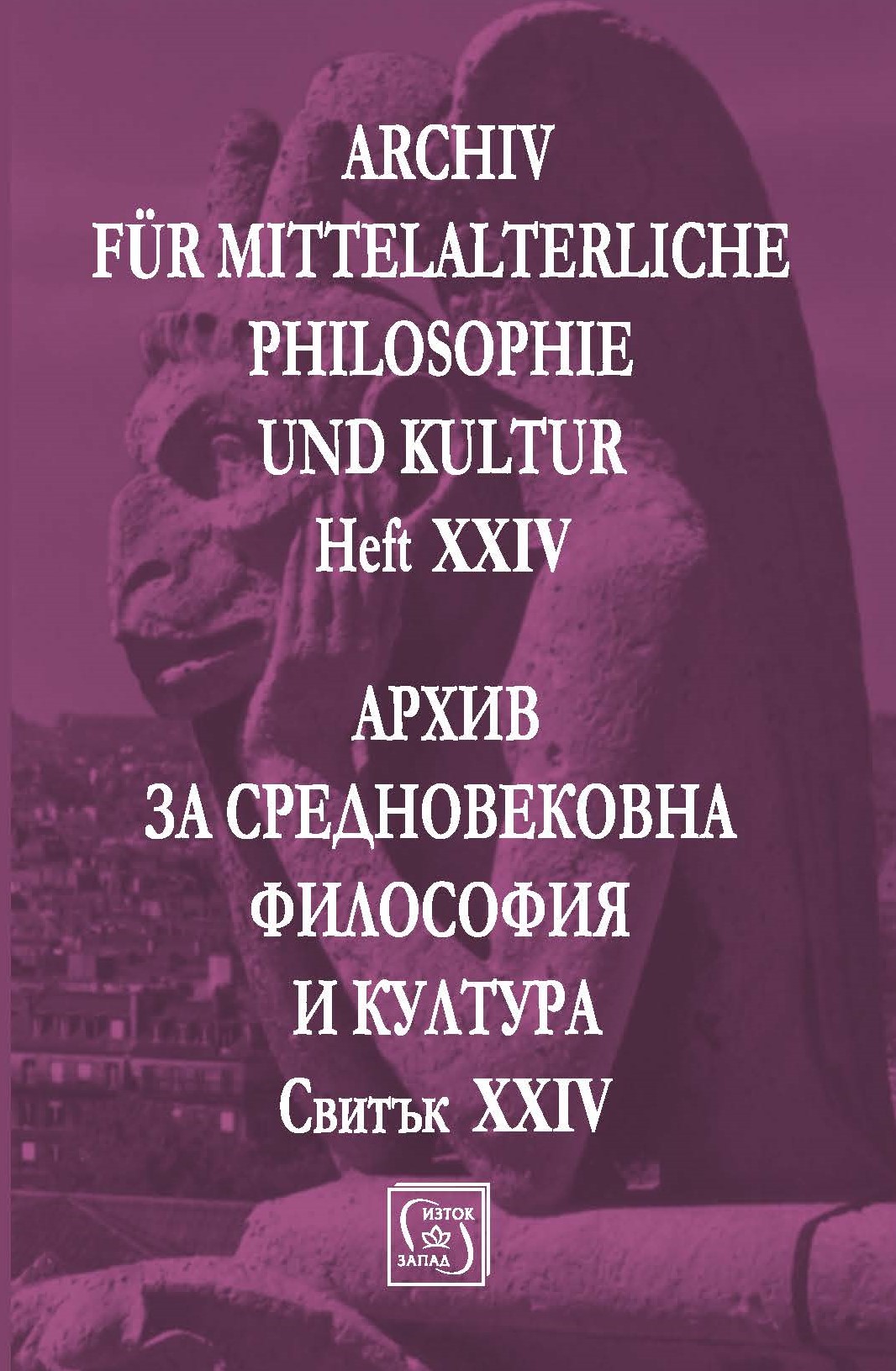Affectio iustitiae при Джон Дънс Скот
Affectio iustitiae by John Duns Scotus
Author(s): Bistra GospodinovaSubject(s): Epistemology, Philosophy of Middle Ages
Published by: Издателство »Изток-Запад«
Keywords: affectio iustitiae; free will; freedom; sinderesis; medieval philosophy; Scotism; Thomism; voluntarism.
Summary/Abstract: This exposition regards to some moments of the theory of will of Duns Scotus as it is presented in Ordinatio II, distinctio 38. According to the Thomist’s teachings, the will is considered an intention of the intellect toward happiness, i.e. toward goodness. In this sense, the will is affectio comodi. The problem of this conception, as Duns Scotus thinks, is related to the question of the freedom of will. Scotus does not accept the idea that the will, on one hand, is freely acting power and at the same time is power, which desires goodness with necessity. That is the reason, Soctus to bring into his philosophical system one additional necessary guarantee for the freedom of will – and that affectio iustitiae, which is precisely the focus of this paper.
Journal: Архив за средновековна философия и култура
- Issue Year: 2018
- Issue No: 24
- Page Range: 189-194
- Page Count: 6
- Language: Bulgarian
- Content File-PDF

